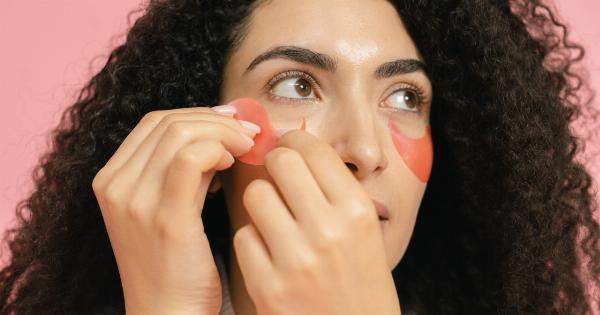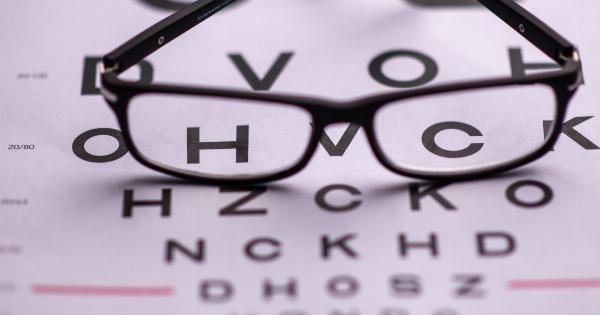Dry eye is a common condition that affects millions of people worldwide. It happens when there is a disruption in the production of tears, which can cause discomfort, irritation, and even vision problems.
There are many causes of dry eye, ranging from environmental factors to underlying medical conditions. In this article, we’ll discuss the most common causes of dry eye and what you can do to prevent and treat it.
1. Age
As we age, our bodies undergo many changes, and our eyes are no exception. One of the most common causes of dry eye is age-related changes in tear production and composition.
As we get older, our tear production decreases, and the composition of the tears can change. This can lead to dry, irritated eyes.
2. Environmental Factors
Another common cause of dry eye is exposure to environmental factors such as dry or windy weather, air conditioning, or heating systems. These factors can cause the tears to evaporate more quickly, leaving the eyes dry and irritated.
3. Contact Lenses
Wearing contact lenses can also lead to dry eye. Contact lenses can prevent oxygen from reaching the surface of the eye, which can cause the eyes to become dry. Additionally, contact lenses can irritate the eyes, leading to inflammation and dryness.
4. Medications
There are many medications that can cause or contribute to dry eye. Antihistamines, decongestants, blood pressure medications, and antidepressants are just a few examples of medications that can cause dry eye.
If you are taking any medications and are experiencing dry eye, talk to your doctor to see if there are alternatives.
5. Medical Conditions
There are also many medical conditions that can cause dry eye. These include autoimmune diseases such as rheumatoid arthritis and Sjogren’s syndrome, which can affect the glands that produce tears.
Hormonal changes during pregnancy and menopause can also lead to dry eye. Additionally, conditions such as diabetes, thyroid disorders, and vitamin A deficiency can cause dry eye.
6. Eye Surgery
Eye surgery, such as LASIK, can cause dry eye. This is because the surgical procedure can damage nerves that are important for tear production. Additionally, certain medications that are used during and after surgery can also contribute to dry eye.
7. Lifestyle Factors
Lastly, lifestyle factors such as smoking and not drinking enough water can also contribute to dry eye.
Smoking can irritate the eyes and cause inflammation, while not drinking enough water can lead to dehydration, which can cause the eyes to become dry.
Prevention and Treatment of Dry Eye
There are many things you can do to prevent and treat dry eye. Here are some tips:.
- Avoid exposure to environmental factors such as dry or windy weather, air conditioning, or heating systems.
- Follow proper contact lens care instructions and consider wearing glasses instead of contacts if you frequently experience dry eye.
- Inform your doctor of any medications you are taking and ask if there are any alternatives that do not cause dry eye.
- If you have an underlying medical condition, work with your doctor to manage it and prevent dry eye.
- If you have had eye surgery, talk to your doctor about what you can do to prevent or treat dry eye.
- Quit smoking and drink plenty of water to stay hydrated.
- Use artificial tears or other lubricating eye drops to help keep your eyes moisturized.
- If your dry eye is severe, your doctor may recommend prescription eye drops, nutritional supplements, or other treatments.
Conclusion
Dry eye is a common condition that can be caused by a variety of factors, including age, environmental factors, contact lenses, medications, medical conditions, eye surgery, and lifestyle factors.
If you are experiencing dry eye, there are many things you can do to prevent and treat it. Talk to your doctor about the best treatment options for you.
























